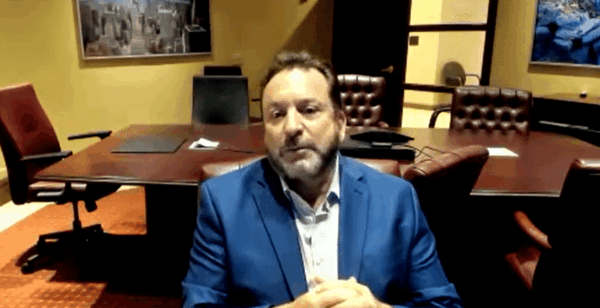Thank you to everyone who participated in last week’s webinar on trusts, POAs, conservatorships, and life estates.
Education Committee Co-Chair Chris Downey interviewed trust attorney Paul Lovegrove for 60 minutes on a range of topics and then both gentlemen responded to attendees’ questions for another 30 minutes.
Here are a few key takeaways on trusts and what you need to know to ensure a smooth reverse mortgage transaction.
What is a Trust?
- A trust is a legal document that outlines how someone’s assets should be distributed.
- The grantor (creator of the trust) typically remains the beneficiary during their lifetime.
- To be effective, the trust must be funded — assets like bank accounts or real estate must be formally transferred into the trust.
Differences Between a Trust and a Will:
- Trusts bypass probate, which saves time and legal costs.
- Wills must go through probate, which can be lengthy and expensive.
- Trusts allow the trustee to manage assets immediately after the grantor’s death.
- Courts may override or question wills if potential heirs are not notified or if the will is contested,
Trusts and Reverse Mortgage Eligibility:
- The borrower must be the sole current beneficiary of the trust.
- The trustee must be involved in the reverse mortgage process.
- The trust is not the borrower — the individual is.
Types of Trusts:
- Revocable Living Trusts: Preferred for HECM; grantors can amend or revoke terms.
- Irrevocable Trusts: Used for Medicaid planning; harder to modify but can still be made HECM-eligible with legal adjustments.
- Testamentary Trusts: Not eligible under HECM rules because they originate from a will and are activated only after death. Lovegrove notes that in the case of a Testamentary trust he may be able to transfer the property into a “Mirror Trust” as long as but for the fact the trust is Testamentary it would have otherwise met HECM guidelines. If that’s possible, the reverse mortgage can proceed.
Practical Takeaways
- Ensure that assets are titled in the name of the trust to be covered by it.
- Know your state-specific rules, as requirements can vary.
- Revocable trusts are simpler and more reverse-mortgage-friendly.
- Irrevocable trusts require planning, but reverse mortgages are possible with proper structuring.

